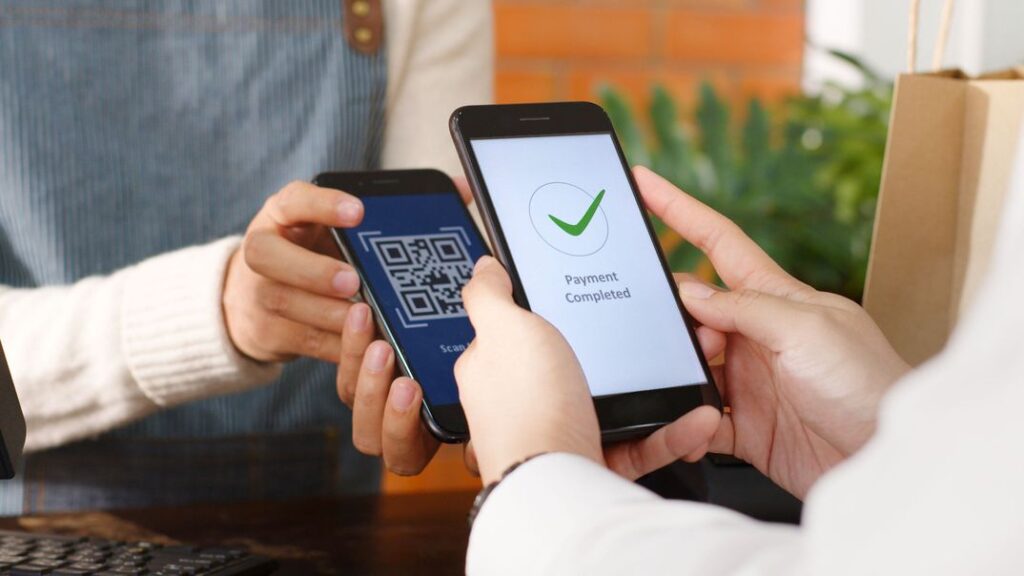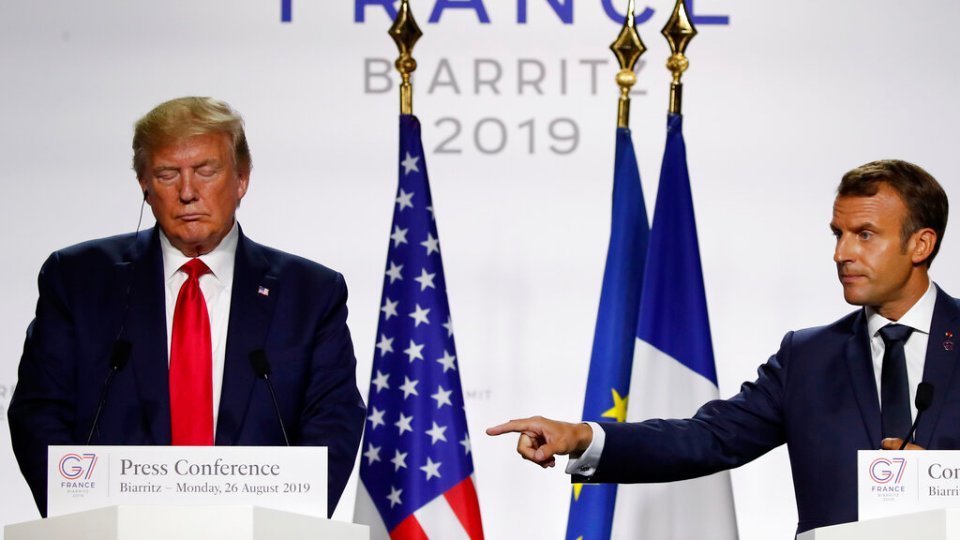UPI, RuPay Cards To Soon Be Accepted In France As Payments.
After revolutionizing digital payments in India, the Unified Payment Interface (UPI) is about to go live in France. NPCI Overseas, the international arm of the National Payments Corporation of India (NPCI), has signed a memorandum of understanding (MoU) with Lyra Network of France for the adoption of UPI and RuPay Cards in the country.
Unified Payments Interface and RuPay cards will soon be accepted in France, according to a Memorandum of Understanding (MoU) signed by NPCI International Payments Limited (NIPL) on Thursday with French payment services business Lyra Network. The announcement comes months after NPCI collaborated with firms such as Discover Financial Services (DFS) of the United States, Bhutan’s Royal Monetary Authority (RMA), Japan Credit Bureau (JCB) of Japan, and Network for Electronic Transfers (NETS) of Singapore to spread UPI and RuPay beyond India. The payments division’s parent business, NPCI International, announced on Twitter that it has collaborated with Lyra Network to launch UPI and RuPay cards in France.
“Considering India doing 5.5 billion UPI transactions per month, this strategic partnership will definitely prove to be a game-changer in the digital payments ecosystem,” IT Minister Ashwini Vaishnaw said in a statement.
Source: gadgets360.com
The minister also stated that the collaboration will be a step toward making Unified Payment Interface available to the rest of the world.
In April 2020, the NPCI Board of Directors and the Reserve Bank of India (RBI) created NIPL as a subsidiary of NPCI to increase the deployment of UPI and RuPay solutions outside of India. Since then, the worldwide body has collaborated with many organizations, payment networks, and banks in several countries to expand NPCI’s digital payment offerings.

NIPL collaborated with Bhutan’s central bank RMA in July of last year to enable QR-based Unified Payment Interface transactions in the country. It was an increase in NIPL’s presence in the Bhutanese market, as it had previously accepted and issued RuPay cards. This launch was expected to assist over 200,000 Indian tourists who visit Bhutan each year.
In February of this year, NIPL also collaborated with payments gateway Gateway Payments Service and fintech firm Manam Infotech to facilitate UPI-based payments in Nepal.
In May 2022, UPI recorded 6 billion transactions totaling $134.3 billion.. (INR 10.4 Lakh Cr). Transaction volume on the payments platform increased by 6.6 percent month on month (MoM) beginning in April 2022. It has surpassed about 80% of the transaction volume of 2021 in the first five months of 2022.
NPCI International joined the UAE market in April after forming a partnership with Mashreq Bank’s payment arm, NeoPay. With the collaboration, NPCI enabled Indian visitors in the UAE to make seamless payments using UPI at NeoPay-enabled shops and merchant stores. Along with expanding RuPay and UPI in global markets via NIPL, the Central government is taking steps to expand the reach of NPCI’s payments offerings within India.
The NPCI granted WhatsApp’s request to expand its UPI-based payments capability to 100 million users in April. It also introduced UPI Lite as a solution to allow small-value transactions to take place offline. Similarly, it launched the ‘123Pay’ UPI service in order to offer UPI to feature phone customers.
While NPCI was established in 2018, NPCI International was established as a wholly-owned subsidiary of NPCI in 2020. The international arm works on RuPay and UPI deployment outside of India.
The RBI recently declared that credit cards would be able to be linked to the UPI. The central bank stated that the service would initially be available solely on RuPay cards. Till now, only debit cards were authorized to be associated with the payment system. The change is likely to increase credit card transactions as well as boost the use of UPI.

I am a second-year student pursuing Liberal Arts from Nmims. I am a painter, I love reading and have a great interest in cooking. I am also a trained kickboxer. I’ve always had a passion for writing and hence in my free time, I work as a freelance writer.

